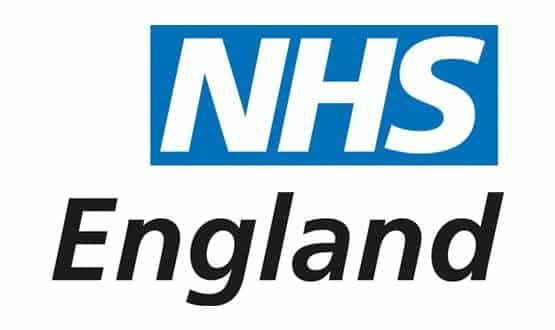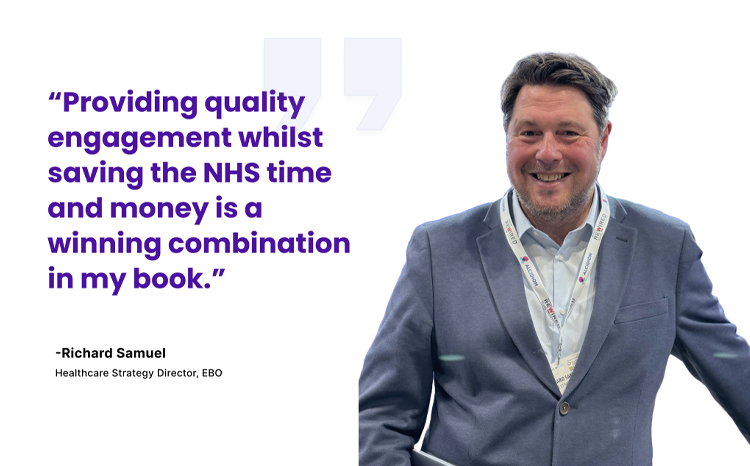NHS business plan highlights IT goals
- 1 April 2015

Digital inclusion and patient access to health records are among NHS England’s main IT aims for next 12 months, according to its new business plan.
The 'NHS England Business Plan 2015-16', published last week, takes forward the 'Five Year Forward View' – the strategy launched by NHS England chief executive Simon Stevens last year to improve public health, develop new care models and address financial pressures.
The plan focuses on ten priorities for 2015-16, including whole system change for future clinical and financial sustainability.
Regarding IT and data, the closest commitment for NHS England is to publish team- or unit-level measures for at least three clinical areas on MyNHS from September 2015.
MyNHS is part of the NHS Choices website, launched last autumn to allow people to compare the performance of their local NHS hospital, their care services and their local authority.
Further changes to NHS Choices are also in the works, with a commitment that by March 2016 the NHS 111 phone service, which has been under significant scrutiny in recent months, will be integrated into the website.
Also by March 2016, NHS England says an additional 150,000 people will be trained in digital skills as part of the Widening Digital Participation partnership between NHS England and the Tinder Foundation.
The programme, which has been praised by Stevens, aims to improve the digital health literacy skills of those most likely to experience health inequalities so they can make use of online support tools.
Regarding patient access, the plan states that by April 2016, 95% of GPs in England will offer patients online access to their detailed health record.
Health secretary Jeremy Hunt previously pledged that this would be in place by April 2015, although this goal was later scaled back to include access only to the subset of information held in a patient’s Summary Care Record.
NHS England has said it is optimistic about hitting the deadline for access to SCR information, despite the most recent figures from January revealing thousands of practices were yet to offer the service.
The plan also mentions the role technology will play in the new vanguard sites established to trial new models of integrated care.
“[The vanguard project] will involve rethinking workforce roles and skill-mix, using technology to transform service delivery, patient empowerment and community engagement, new integrated commissioning and contractual models, capitated payment, organisational forms and regulatory reform.”
In the document, Tim Kelsey – NHS England’s director of patients and information – highlights the work of the National Information Board, which released a ‘framework for action’ last year to integrate IT more closely into health service policy, financial and regulatory frameworks.
“The NIB will publish in early 2015-16 a set of ‘road maps’ laying out who, across all health and care organisations, will do what to transform digital care in line with the Five Year Forward View,” said Kelsey.
At a meeting last week, NHS England’s board approved the NIB’s plans to develop minimum standards that health and care providers must adopt to ensure interoperability across care settings.




